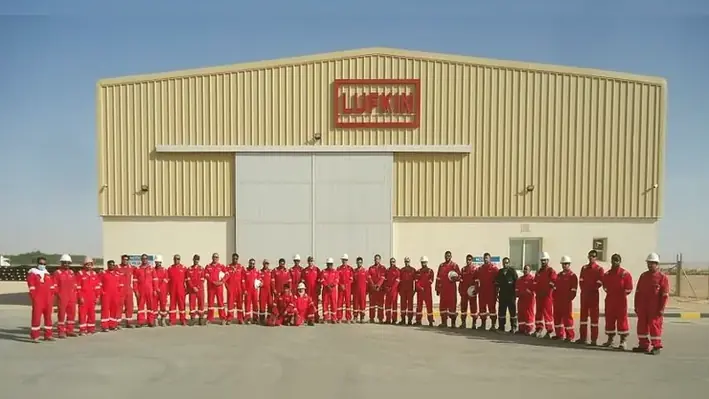
Halliburton has taken steps to expand its offshore portfolio as it heads into the New Year.
Fresh from the launch of its new advanced well intervention suite, Halliburton is set to acquire Optime Subsea, a company that delivers offshore technology that disrupts conventional methods and supplies technologies and services within subsea intervention, well completion, and well control. Its offerings simplify complex subsea operations, enhance operational efficiency and reduce risks.
This move will see the latter’s umbilical less technology move into Halliburton’s Testing and Subsea division. Subject to regulatory approval and other customary closing conditions, the transaction is expected to close in early 2025 according to Optime Subsea who will, in turn, receive access to global markets and resources for further technology development.
“The agreement is a validation of our journey as a company, from a local startup to a leader in subsea technology,” said Jan-Fredrik Carlsen, CEO of Optime Subsea. “We are proud of our roots and the strong commitment of our employees, who have made this success possible. This is a fantastic opportunity to join Halliburton and contribute to further growth and development.”
Shoring up startups
Elsewhere, Halliburton Labs has also announced that five new innovative companies have been added to its collaborative ecosystem. The startups will enter an environment designed to help advance their commercialisation through support from Halliburton’s practitioners and business network. The new companies include:
• 360 Energy: With its In-Field Computing technology, this startup captures flared or stranded gas and monetises it through modular data centres in a bid to provide a valuable solution for resource owners.
• Cella: Providing end-to-end services, Cella advances subsurface mineralisation of carbon dioxide through resource assessment, proprietary injection technology, and monitoring techniques to provide valuable geologic carbon solutions.
• Espiku: Developing solutions that advance water and valuable minerals recovery from brines and industrial produced water streams, Espiuku’s systems allow for rapid deployment in diverse environments to unlock the potential of domestic resources.
• Mitico: The patent-pending granulated metal carbonate sorption technology of Mitico captures more than 95% of the CO2 emitted from post-combustion point sources.
• NuCube Energy: The company’s nuclear fission under development will produce electricity and high-temperature heat for electrical and industrial markets. It targets heat production at temperatures up to 1,100°C for industrial applications to offer cost-competitive electricity in remote areas.
“We welcome these innovative energy startups,” remarked Dale Winger, Managing Director of Halliburton Labs. “We are eager to help these participant companies use their time and capital efficiently to progress new solutions that meet industry requirements for cost, reliability, and sustainability.”




